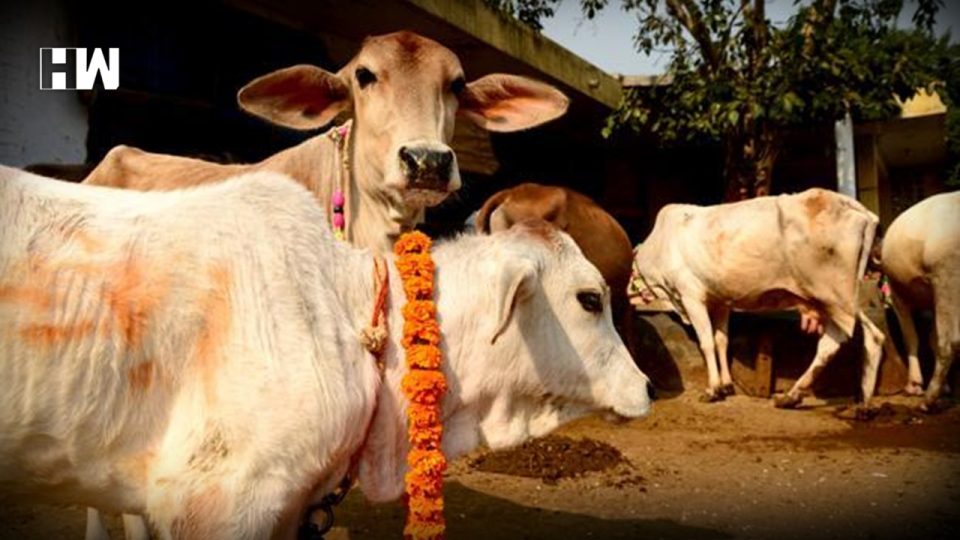Hyderabad | Chronic stress due to health and management issues like old age, improper flooring and cleanliness, besides others, plague cows kept in various shelters in the country, according to a study.
The findings were arrived at after analysing hair samples of 549 non-lactating cows aged 11 years, from 54 shelters across India, which showed high cortisol levels.
The researchers studied the correlation between hair cortisol levels in these cows with their living conditions in cow shelters.
Cortisol, a lipid-based hormone, is known to be released under physiological stress conditions. Because of the hair sebum’s affinity for lipids, the circulating cortisol gets accumulated in the hair shaft over time.
The three-member team comprised Dr G Umapathy and Dr Vinod Kumar at the CSIR- Centre for Cellular and Molecular Biology (CCMB), Hyderabad, Dr Arvind Sharma at Himachal Veterinary University in India, and Prof Clive Phillips University at Queensland, Australia.
“The results of the study suggest that cows in these shelters suffer chronic stress due to health and management issues such as old age, low quality feeding practices, less area/cow,improper flooring and cleanliness.
This study has been published in the journal Animals,” a release from CCMB said.
The findings open up possibilities of animal welfare based reforms in designing animal shelters and managing them scientifically, it said, adding these issues are important for a country like India with the policy of retiring abandoned and non-lactating cows in shelters without clear welfare policies.
CCMB said using hair cortisol levels as a marker for stress levels in animals is increasingly used in veterinary research as the method is painless and more reliable than other available techniques in measuring long term stress.
It said checking for physiological stress levels in animals usually involves checking for hormones in blood, saliva, urine or faeces.
But procuring these samples can be “invasive”, making them difficult for studying animals on field, the release said.
As an independent media platform, we do not take advertisements from governments and corporate houses. It is you, our readers, who have supported us on our journey to do honest and unbiased journalism. Please contribute, so that we can continue to do the same in future.

